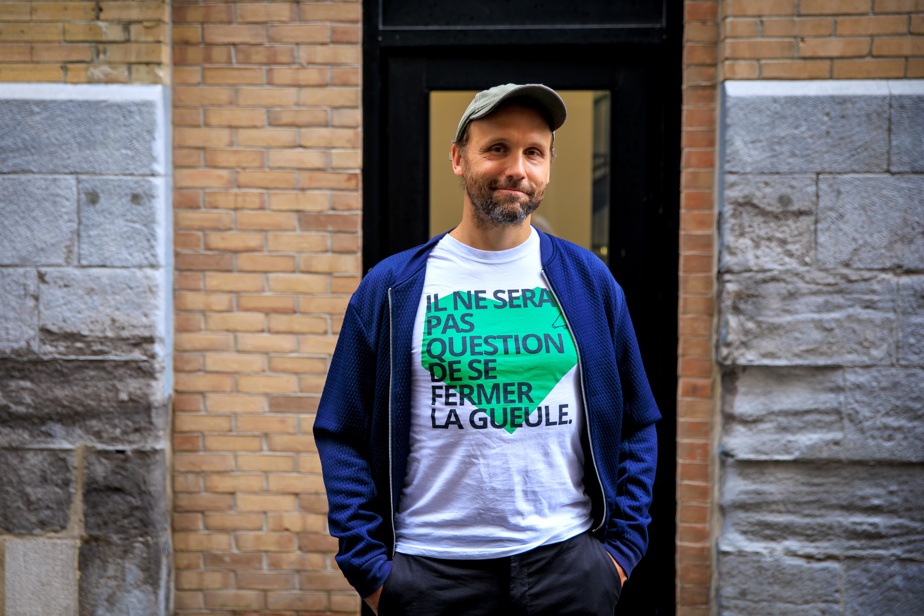“You could say it’s a pamphlet; it is a correspondence between the two authors who speak of their point of view on the situation of Rouyn-Noranda with enormous affection and, at the same time, with enormous dizziness, mixed feelings, revolt, also, indignation, about a city they love, about the great fireplace and the role it played in their lives. It is a reflection on memory, on the workers who preceded them. […] It’s a way of getting to grips with a political issue in a deeply emotional, personal and very embodied way. It’s very short, but very strong and very beautiful, with real literary value, in my opinion. »
“I had great pleasure reading this comic strip on the life of Alice Guy which is starting to become better known. She is one of the first female directors in the history of cinema. She shot hundreds of short films, even serial stories, she developed techniques for directing actors, she made films with stunts… She is one of the pioneers of silent cinema, but she was completely forgotten for decades. Many of his films have been lost. At the end of her life, she struggled to gain recognition for her own place in cinema history and she died losing her memory. The story delves into the corners that had been swept under the rug. »
“I really liked Limonov, but V13 is really a really great work as a chronicler. It’s a thrilling dive into the trial of the Bataclan attacks. Emmanuel Carrère makes a sort of observation – we don’t become a voyeur, but we still have the impression of being present on the uncomfortable benches of the court with him. We experience what it’s like to follow such a long trial for more than nine months; at the same time, he has a sense of detail and storytelling which means that even if we have a subject that is tragically heavy, he manages to find angles to talk about humanity, the twists and turns of this story. , of how people, sometimes, take ownership of a tragedy. »
